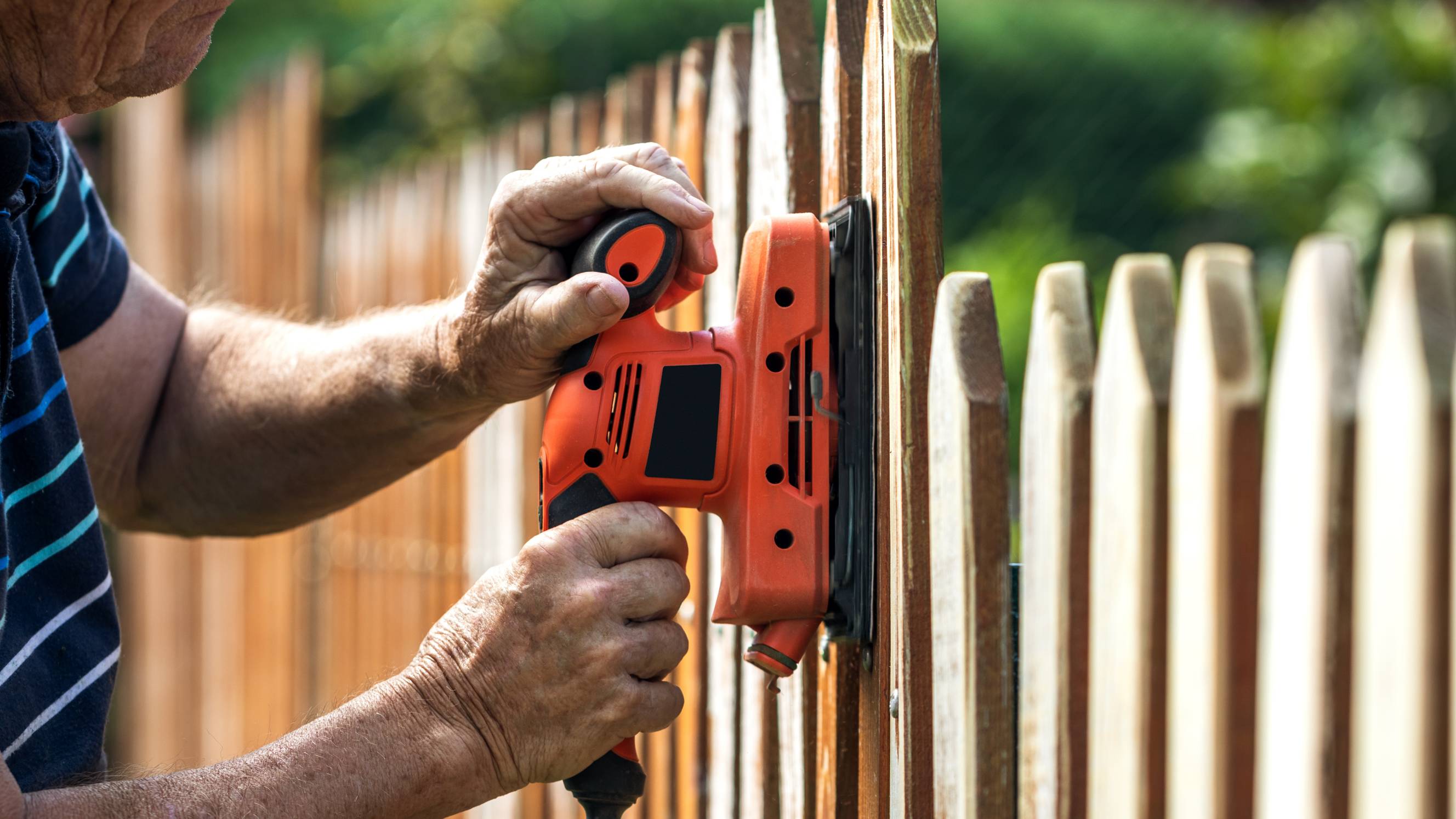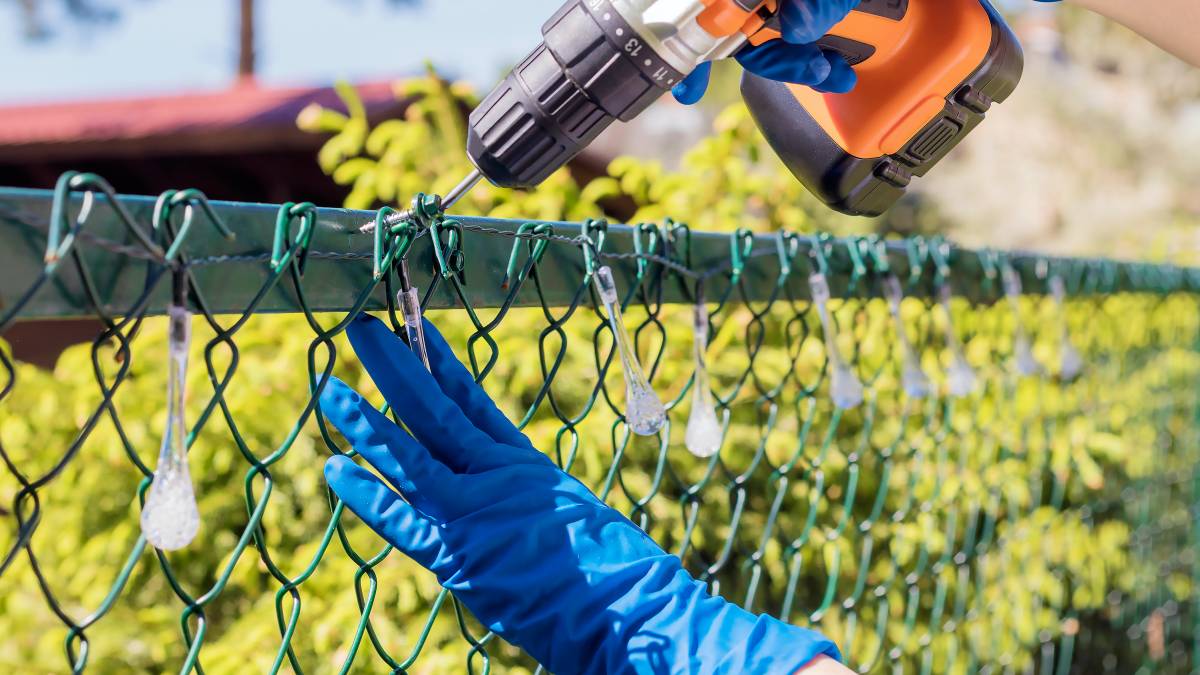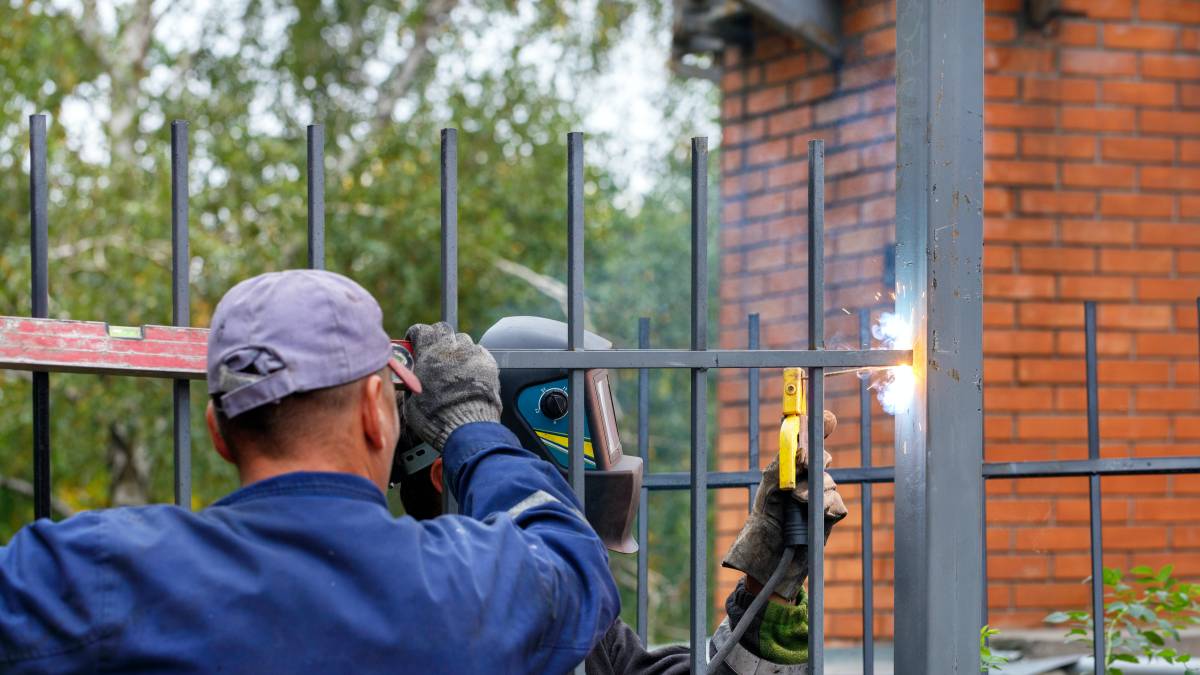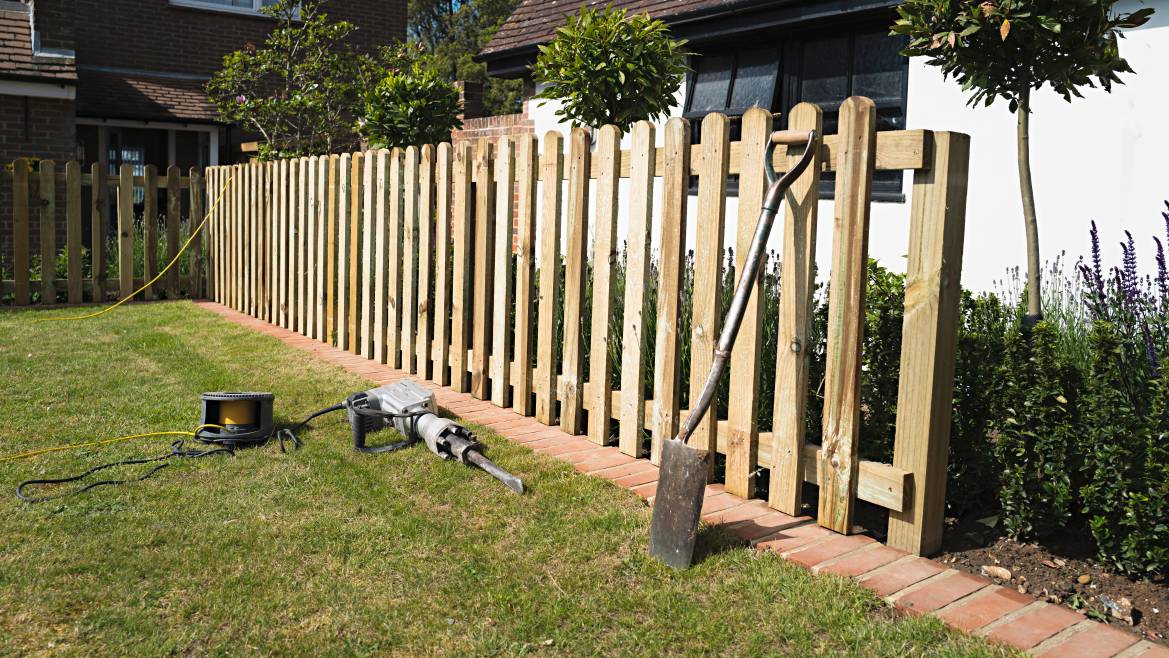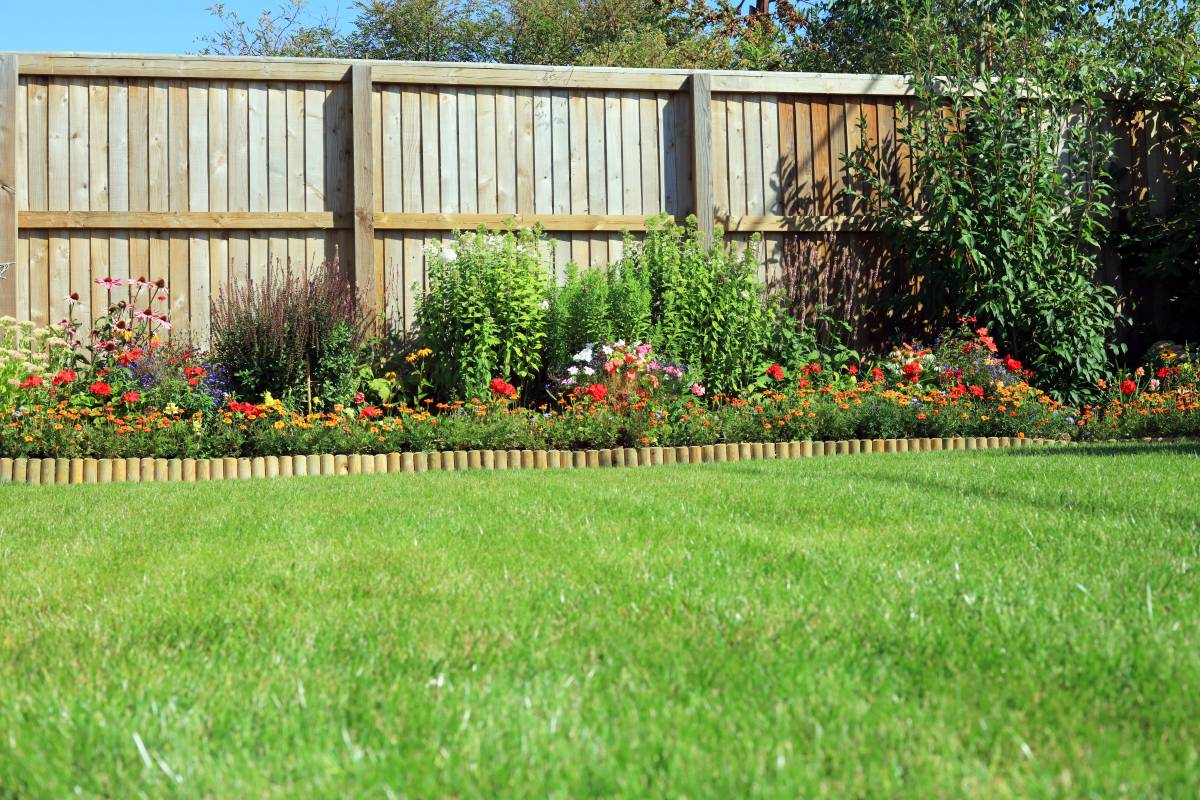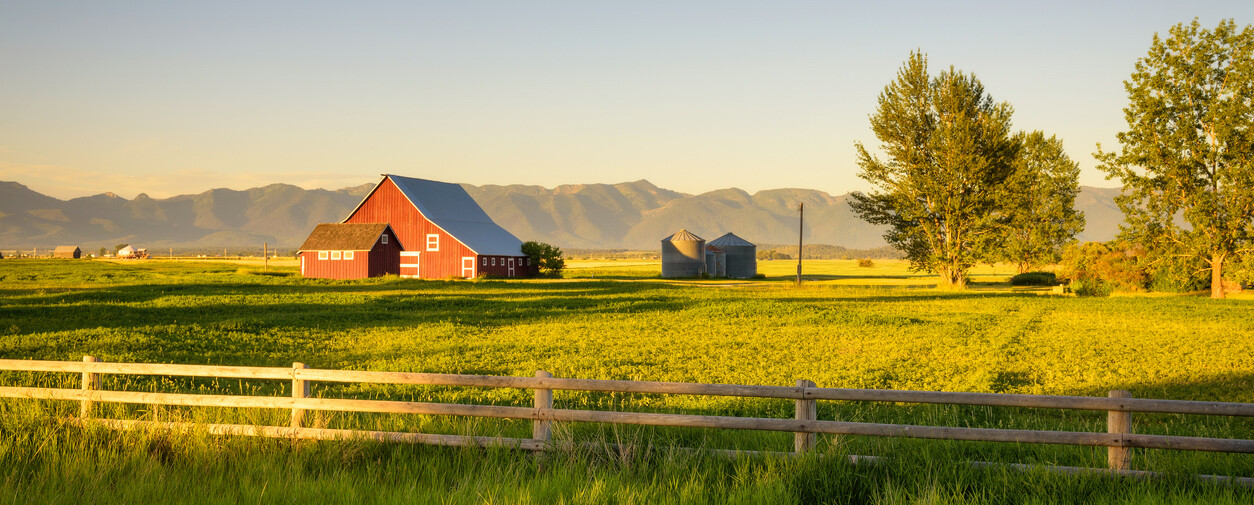
- Home/
- Costs/
- Fence Installation/
- Rural Fencing Cost Guide
Rural fencing cost: How to get the best value for your property
Post to find a price. It's free and only takes a minute.
Price guide
£700 - £2,000
low
£700
median
£1,400
high
£2,000
Last Updated on
Key Facts
- The average cost of rural fencing installation is around £1,400 in the UK, with wire mesh fencing (£9 to £18/metre) offering better value than chain link fencing (£25 to £27/metre).
- For larger properties, professional installation is more cost-effective in the long term despite the higher initial expense. On the other hand, DIY installation works well for smaller areas with simpler boundaries.
- Location significantly affects pricing through variable labour costs, material prices, and additional fees that differ between rural and urban areas.
Wondering if a fence line is worth the investment? Spoiler alert: it absolutely is! In fact, the UK Health and Safety Executive reports that two to three walkers are killed every year after livestock run‑ins. One of the most effective ways to prevent these incidents is by installing quality rural fencing that creates safety barriers between animals and people crossing your land.
Ready to fence your property without breaking the bank? In this guide, we’ll unpack everything you need to know about rural fencing costs (averaging around £1,400 in the UK), materials worth considering, and clever ways to save on installation. By the end of this post, you’ll get an idea of the best fence type and whether you need to call a fence installer for the job.
Reasons to install rural fencing
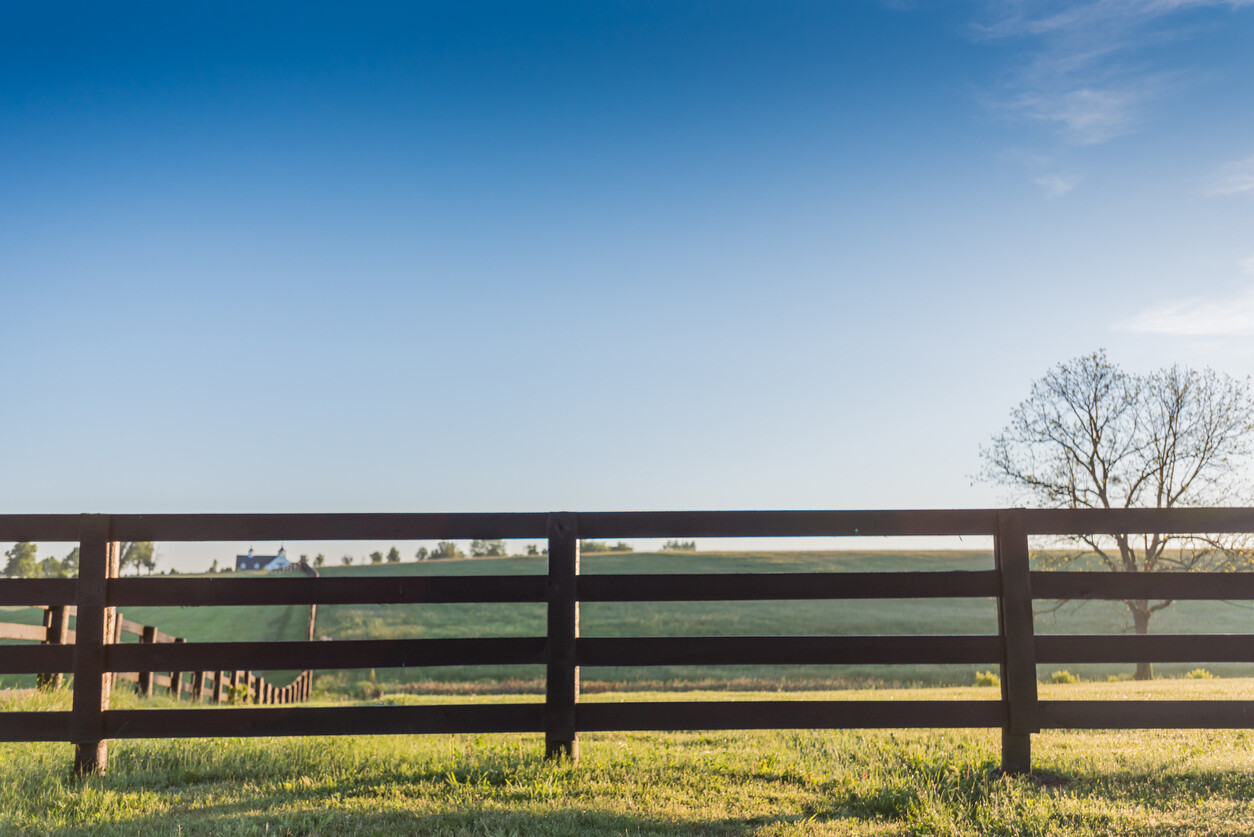 Sturdy post‑and‑rail timber fence guarding rolling paddocks (Source: iStock)
Sturdy post‑and‑rail timber fence guarding rolling paddocks (Source: iStock)
Rural fences are critical for those running a farm or a garden. Installing rural fencing helps keep your farm environmentally safe by establishing boundaries for crops and livestock. Here are some of its key benefits:
Animal enclosure: Quality fencing prevents livestock from wandering onto roads and neighbouring properties, reducing accidents and liability risks. Create separate paddocks for different animal needs and deter livestock theft with proper barriers.
Water supply access: Fencing off dams, creeks, and water tanks prevents livestock contamination, keeping your water clean for irrigation and household use.
Clear boundaries: Proper fencing establishes clear boundaries, marking where your property ends or begins and demarcating shared property lines with your neighbours. Inside your property, smart fencing layouts can also help organise different farm zones.
Security: Sturdy fencing is your first defence against trespassers and creates safe zones for walkers near public footpaths, significantly reducing your liability. Remember that under UK law, landowners have a responsibility for ensuring reasonable safety for those crossing their property
Rural farm fencing price list
The overall cost to install farm fences may vary depending on what you need for your property. We’ll discuss the considerations further below, but here are the average costs involved:
Type of rural fence |
Cost of farm fencing per metre |
|---|---|
Wire mesh |
£9–18 |
Chain link |
£25-£27 |
Paddock |
£7–£12 |
Electric |
£1–£3 |
The price differences reflect both material costs and installation complexity. Simple stock fencing with wire mesh and posts spaced at three metres typically costs between £7 and £10 per metre on flat ground with easy access to machinery. More complex terrain or limited access will naturally drive these prices higher.
Factors affecting rural fencing costs
Type of fencing
Your choice of fencing material directly impacts most of your total project cost. Each option has distinct advantages and drawbacks that affect initial installation and long-term expenses. For instance, wire mesh offers cost savings but may need replacement or repair services sooner than premium options.
For livestock-specific needs, specialised horse paddock fencing costs significantly more than basic cattle fencing due to height and safety requirements. To reduce your bill, consider combination fencing. For example, using electric wire with standard stock fencing can maintain security while minimising costs.
Location
You need to consider labour costs, rural fencing supplies prices, and miscellaneous fees and recognise that these vary depending on whether you are in a rural or urban area. Material costs may also fluctuate between regions due to transportation expenses and local availability.
To minimise expenses, compare quotes from multiple local contractors who may have established relationships with nearby suppliers. Consider scheduling installation during off-peak seasons when labour rates are more competitive.
For properties with challenging access, ask about potential additional charges for material delivery before committing to a specific contractor, as these miscellaneous fees can add up quickly on your final bill.
Area
To better understand overall costs, you must determine how much fencing you need to cover your farm area. This will let you decide more accurately on how much material is necessary for the project. More importantly, you need to know the type of terrain you have. For instance, difficult terrain with limited machinery access requires more manual labour, substantially increasing installation time.
To maximise value, clearly mark your desired fence line before contractors arrive. You can also start removing obstacles yourself or call a handyman to help you before the fence installation day. You may also consider phasing larger projects to spread costs while taking advantage of scale discounts for large properties.
How to save money on rural fencing cost
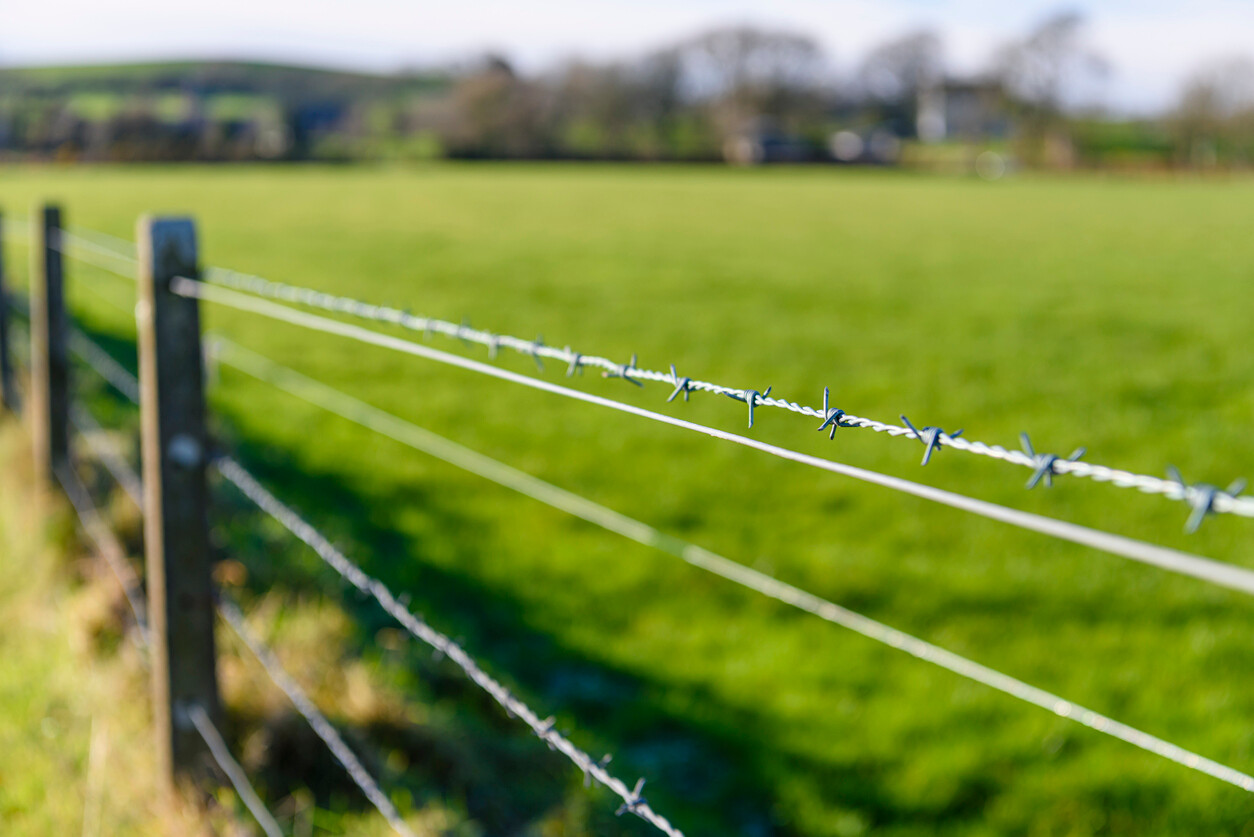 Close‑up of a barbed‑wire fence stretched between timber posts (Source: iStock)
Close‑up of a barbed‑wire fence stretched between timber posts (Source: iStock)
If you need to stick to a specific budget, you can do a few things to reduce the costs of rural fencing installation. For smaller areas or simple boundaries, DIY installation can slash labour expenses significantly. However, professional installation typically proves more cost-effective long-term for larger properties or livestock containment.
Depending on your farm type, you should think about alternative fencing types that still meet your needs but at a lower cost. For example, if your fencing structure won’t need to withstand heavy impact, opt for the traditional post-and-wire fence instead of a post-and-rail fence.
Once you have installed your fence, remember to maintain it! For instance, you can schedule an annual inspection to see which ones need urgent repair or replacement.
Post a task for rural fencing
If you’re convinced about hiring contractors to install rural fencing on your property, the next step is to create a job request. Ensure you include all relevant details—the size of your farm or garden, your budget, and the assets you aim to protect. With the complete information about the job, you’re more likely to get fair quotes and pick the best option.
Remember that DIY installation risks improper installation and, thus, more repairs in the future. The best route is to find a fencing professional to do the handiwork. You’ll be more secure, and your fencing will be helpful for years.
FAQs on rural fencing installation costs
The labour cost for fence installers varies according to your location and the type of fencing you need. However, expect to pay around £15 per hour for fencers.
If your priority is durability, wood fencing is a popular choice. It is also best for stables. Wire fencing keeps smaller animals and crops enclosed, while electric fencing is used for livestock.
Find fence installaters, fast
Post a task
Related price guides
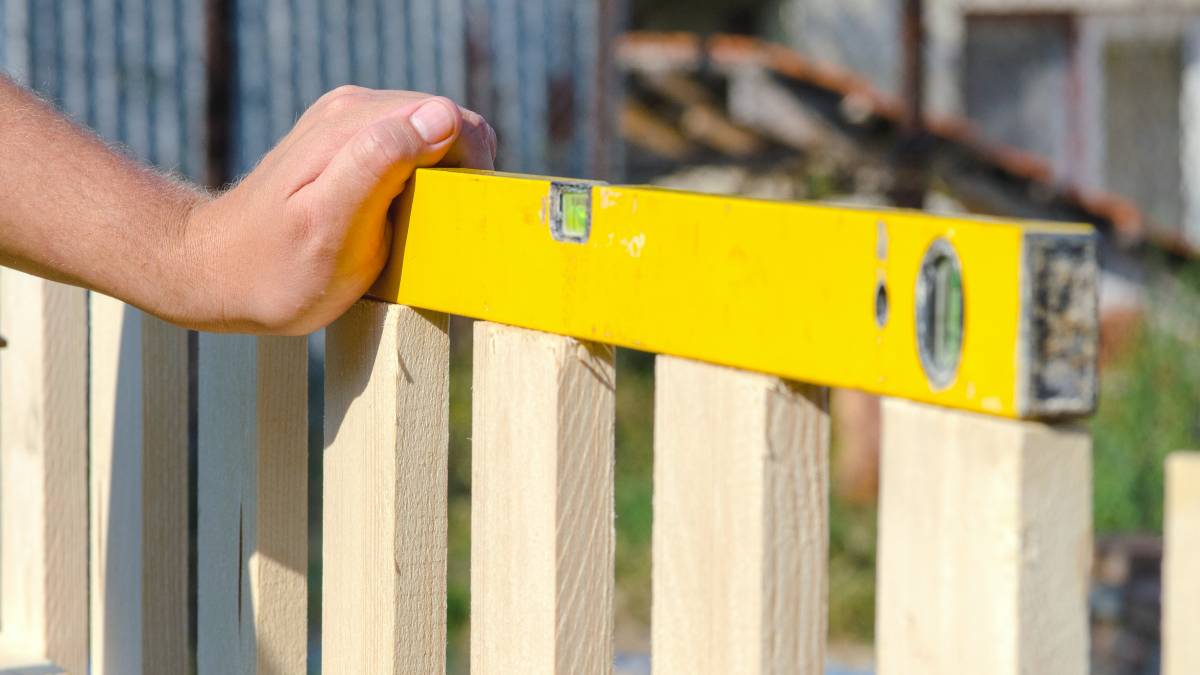
How much does wood fencing cost?
Read more
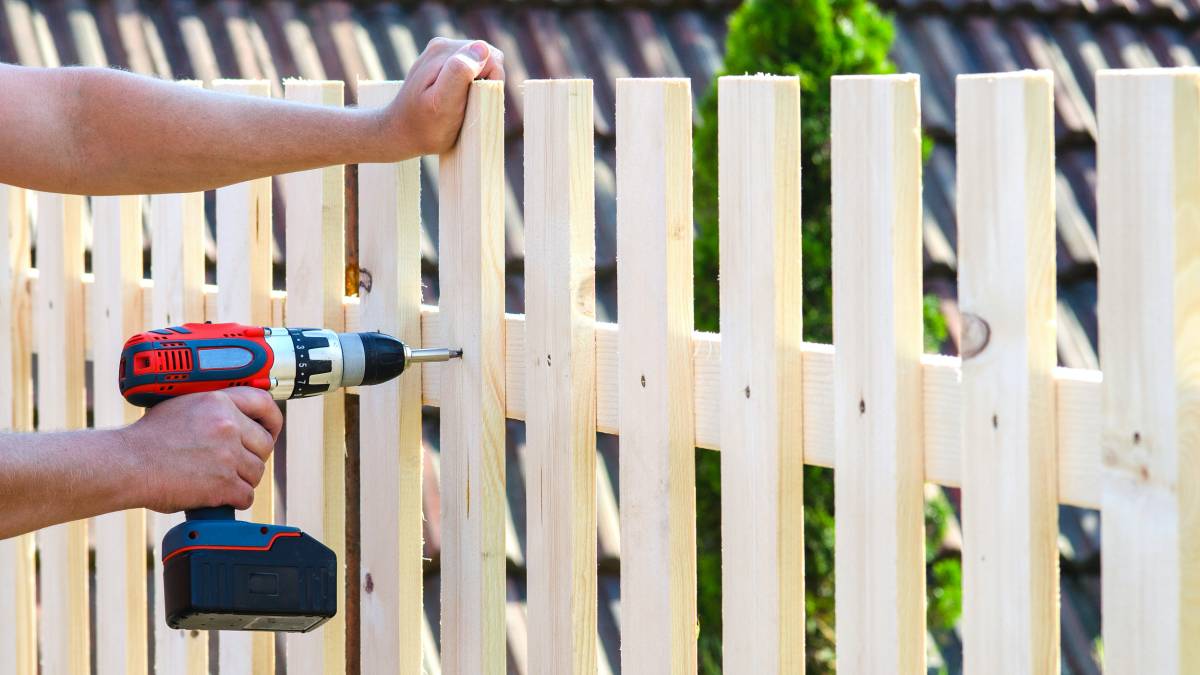
How much does fence repair cost?
Read more
Related articles
